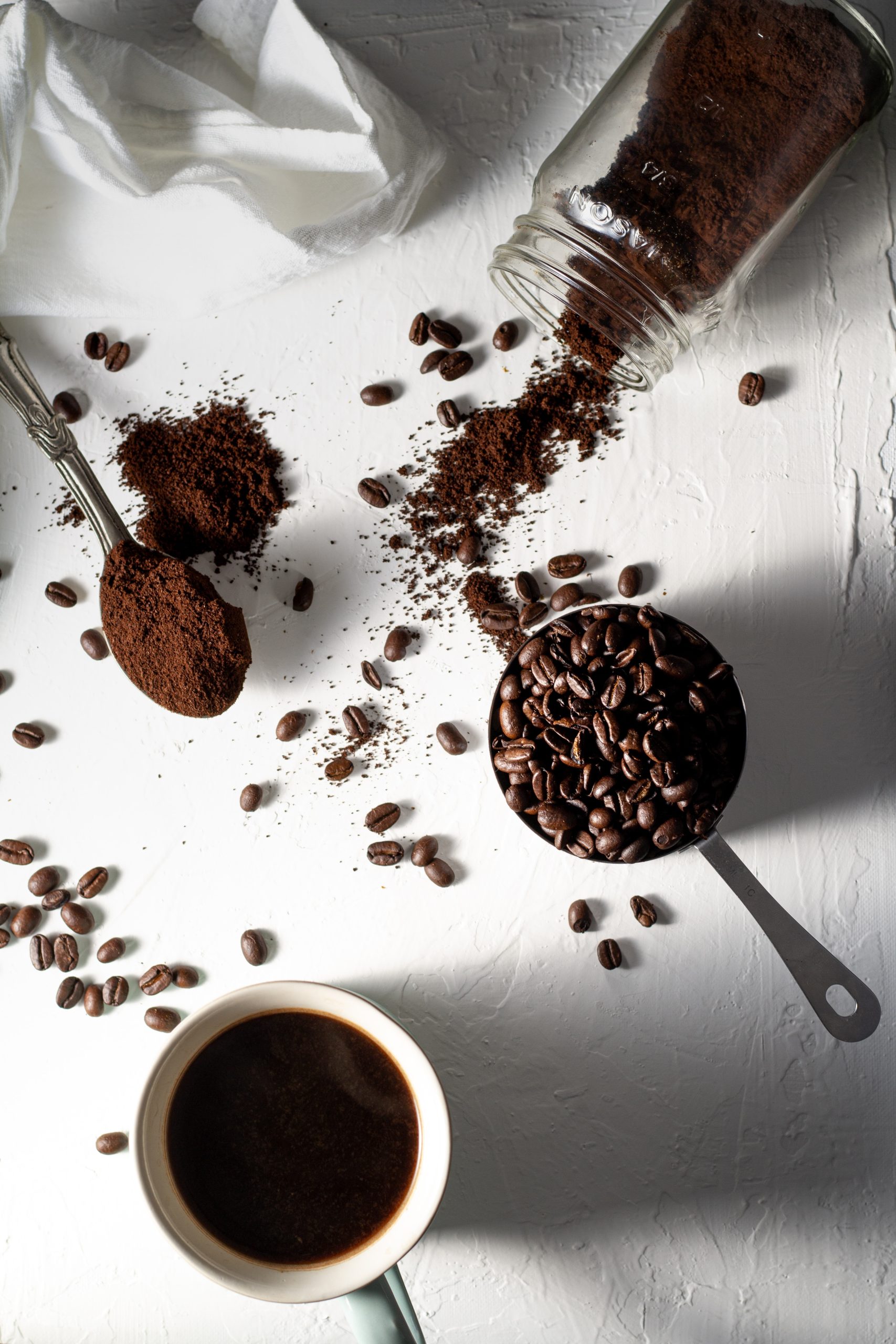Coffee has been a beloved beverage for centuries, enjoyed by people all over the world. However, in recent years, the coffee industry has undergone a major transformation, with a focus on specialty coffee and third-wave roasting.
Specialty coffee is a term used to describe high-quality coffee that is grown and processed with care, resulting in a superior taste and aroma. It is often produced in small batches and is sourced from specific regions or farms. Third-wave roasting refers to the way that coffee is roasted, with a focus on highlighting the unique flavors of the beans rather than simply roasting them for a standardized taste.
To truly understand the world of specialty coffee and third-wave roasting, it is important to start at the beginning: with the coffee bean itself. Coffee beans are the seeds of the Coffea plant, which grows primarily in tropical regions around the world. There are two main types of coffee beans: Arabica and Robusta. Arabica beans are considered higher quality, with a more complex flavor profile and lower acidity, while Robusta beans have a stronger, bitter taste and higher caffeine content.
Once the coffee beans are harvested, they go through a process known as roasting. During roasting, the beans are heated to high temperatures, which causes them to change color and release the oils that give coffee its characteristic aroma and flavor. In the past, coffee was often roasted until it was very dark, which resulted in a strong, bitter taste that many people associate with traditional coffee. However, in recent years, third-wave roasting has become increasingly popular, with a focus on roasting the beans to highlight their unique flavor profiles.
One of the key aspects of third-wave roasting is sourcing high-quality beans. This often involves working directly with farmers and co-ops to ensure that the beans are grown and processed in a sustainable and ethical manner. Many third-wave roasters also focus on single-origin coffee, which means that the beans are sourced from a specific region or even a specific farm, allowing for greater traceability and transparency in the supply chain.
Once the beans have been sourced, third-wave roasters use a variety of roasting techniques to bring out the best in the coffee. This may involve using a slower roasting process, which allows the beans to develop more complex flavors, or using a lighter roast, which can bring out the natural sweetness of the beans. Many third-wave roasters also use small-batch roasting equipment, which allows them to roast the beans in smaller quantities and with greater precision.
The result of all this attention to detail is a cup of coffee that is truly exceptional. Specialty coffee and third-wave roasting have opened up a whole new world of flavor and aroma, allowing coffee lovers to appreciate the unique qualities of each bean and region. From fruity and floral notes to hints of chocolate and caramel, specialty coffee offers a complex and nuanced taste experience that is a far cry from the generic, one-note coffee of the past.
However, this focus on quality and sustainability does come at a price. Specialty coffee is often more expensive than traditional coffee, reflecting the higher cost of sourcing and roasting the beans. Additionally, the emphasis on single-origin coffee can lead to a lack of diversity in the market, with certain regions or farms becoming more popular and others being overlooked.
Despite these challenges, the world of specialty coffee and third-wave roasting continues to grow and evolve. As consumers become more aware of the impact of their choices on the environment and on the communities that produce their coffee, there is a growing demand for high-quality, ethically sourced coffee. And as roasters continue to experiment with new techniques and flavors, the world of coffee is sure to become even more exciting and diverse in the years to come.




